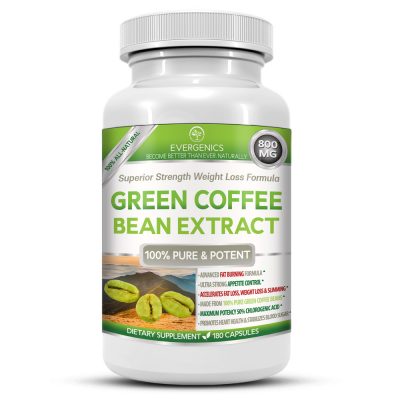(BPT) – Affecting more than 1.6 million Americans, Crohn’s disease and ulcerative colitis (UC) — known collectively as inflammatory bowel diseases (IBD) — are painful, chronic conditions that attack the gastrointestinal tract which is responsible for digestion of food, absorption of nutrients and elimination of waste.
While both inflammatory bowel diseases have similar symptoms, including diarrhea, abdominal pain, weight loss and fatigue, Crohn’s disease can affect any part of the gastrointestinal tract, whereas ulcerative colitis is limited to the colon. Although progress has been made in IBD and microbiome research, the cause of and cure for IBD are unknown.
As with any chronic disease, managing IBD can be challenging, so that’s why it’s important for patients to carefully monitor symptoms and openly communicate with their health care professionals. The challenge of managing chronic conditions is being recognized in the ever-evolving world of technology, particularly in the mobile health applications realm. A Brookings Institution’s Center for Technology Innovation report estimates more than 40,000 mobile health applications are available across multiple platforms, including more than 12,000 in the Apple iTunes store alone. According to the report, mobile technology is increasingly helping with chronic disease management.
For those living with IBD, a new app called Gut Check is available to help track daily symptoms and lifestyle habits, and share this information in real-time with their health care professionals (HCPs). Gut Check leverages bi-weekly patient-reported outcome surveys (PROMIS) validated by the National Institute of Health to help assess progress over time.
“In my experience, people with inflammatory bowel diseases often underreport symptoms they experience in between doctor’s visits and tend to focus on how they have been feeling the past few days versus the past few months,” says Dr. Ralph McKibbin, a gastroenterologist from Blair Gastroenterology Associates. “Early intervention is key when it comes to caring for IBD. New platforms such as Gut Check will help physicians to more closely monitor patients in real-time.”
HCPs can use Gut Check to view patient data through a HIPAA-compliant dashboard on their tablet or computer. Using the dashboard, they can filter and compare patient data within their practice, locally, and nationally.
Additional Gut Check features for patients include:
* Bi-weekly surveys to help track patients’ symptoms and progress over time
* Health Tracker for patients to monitor their daily well-being
* A GPS-enabled bathroom finder, complete with ratings and reviews
* Ability to share activity and engagement via social media channels
* Tips on IBD-related topics, including diet and exercise
Equipping patients with tools, like Gut Check, to help them track symptoms and regularly share information with their health care professionals can assist with identifying patterns and triggers, ultimately informing disease management and treatment decisions.
For more information, visit www.GutCheckApp.com.





